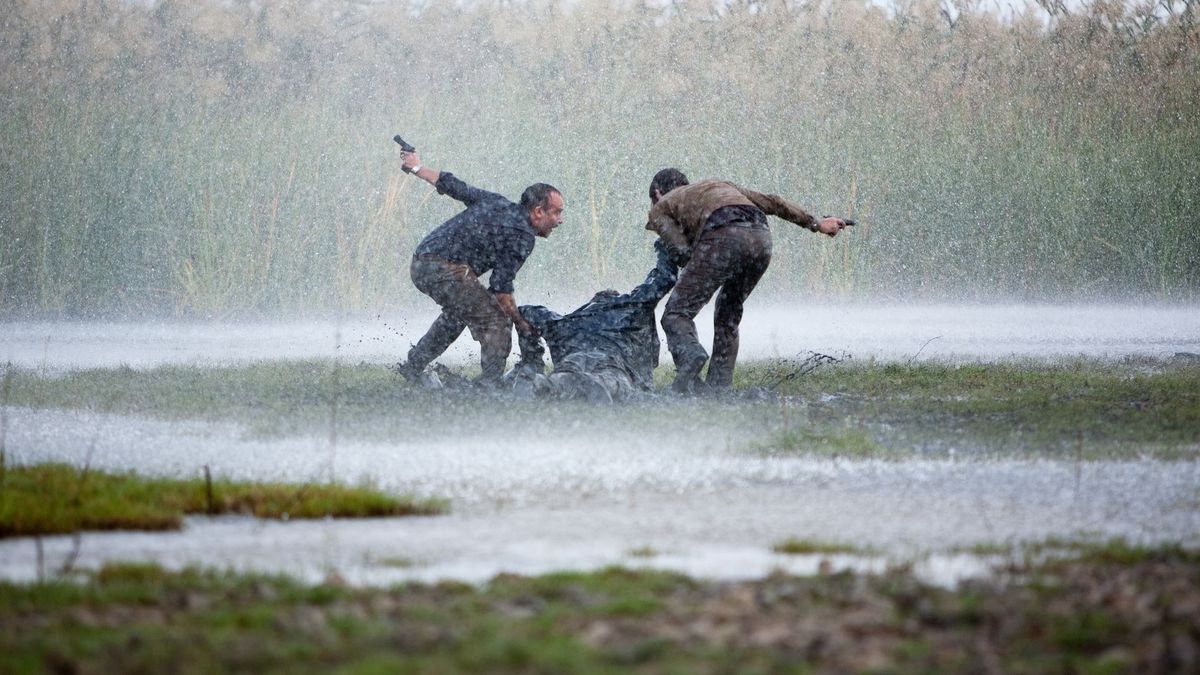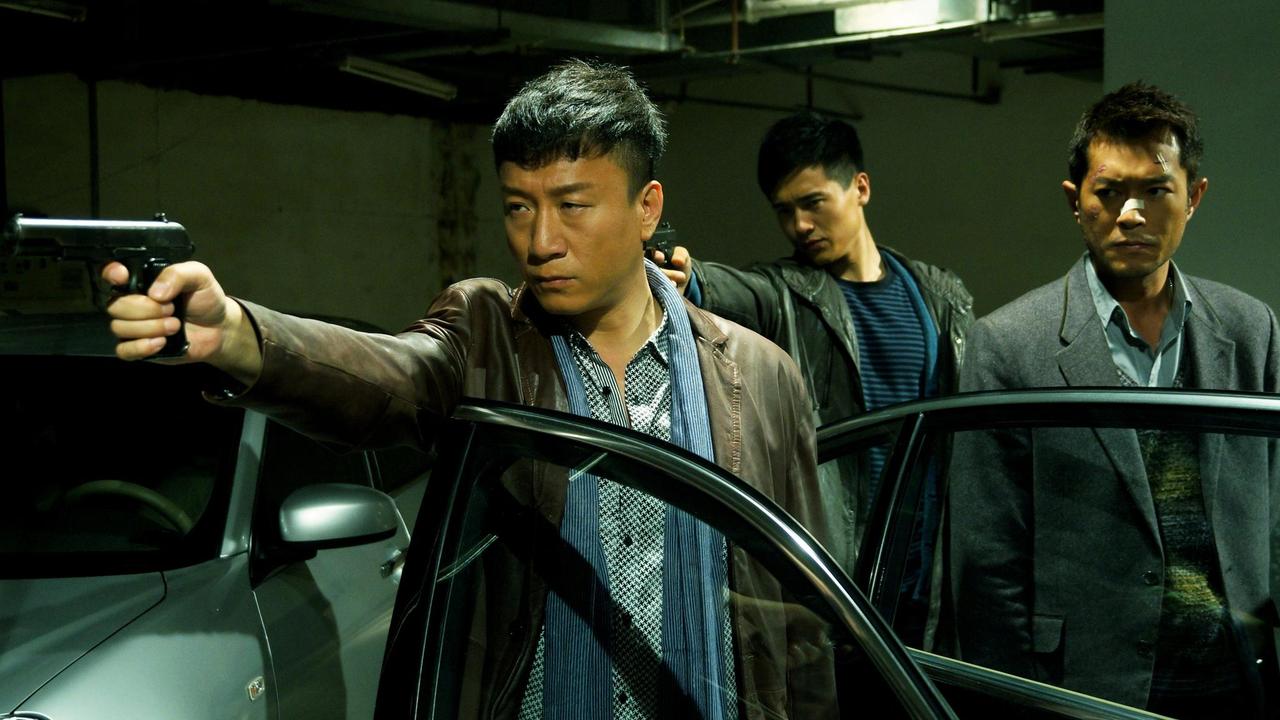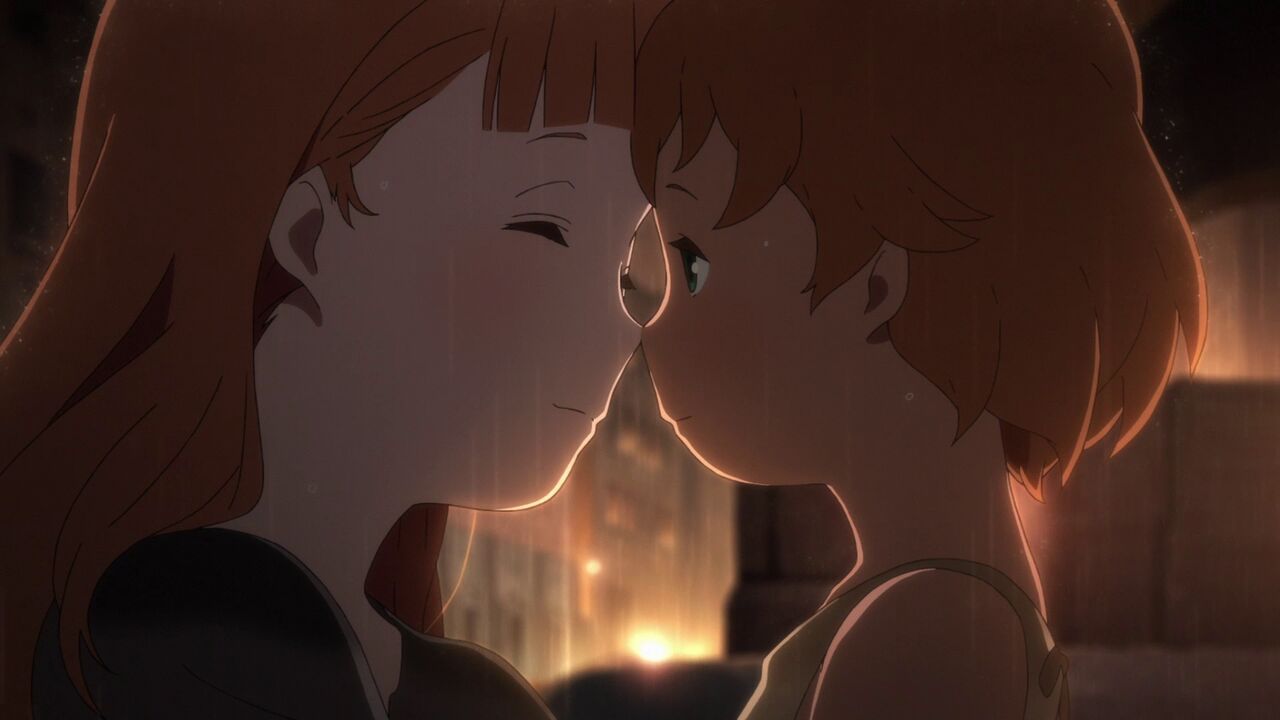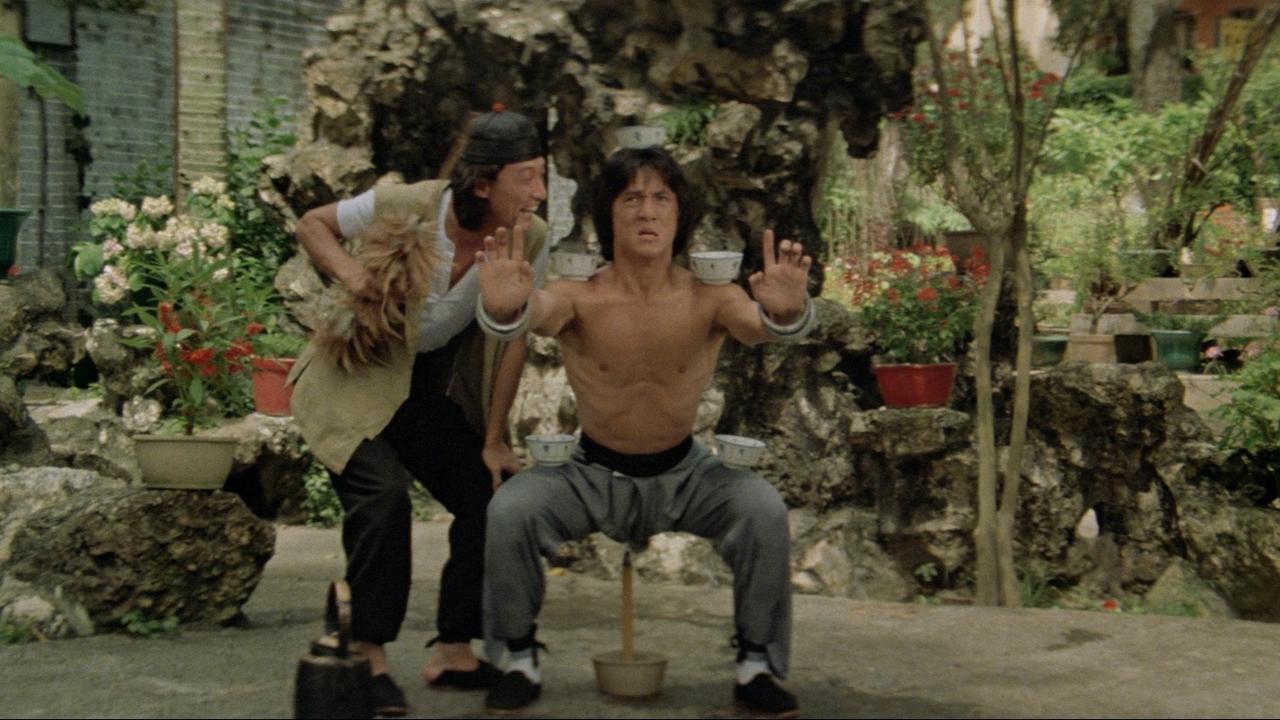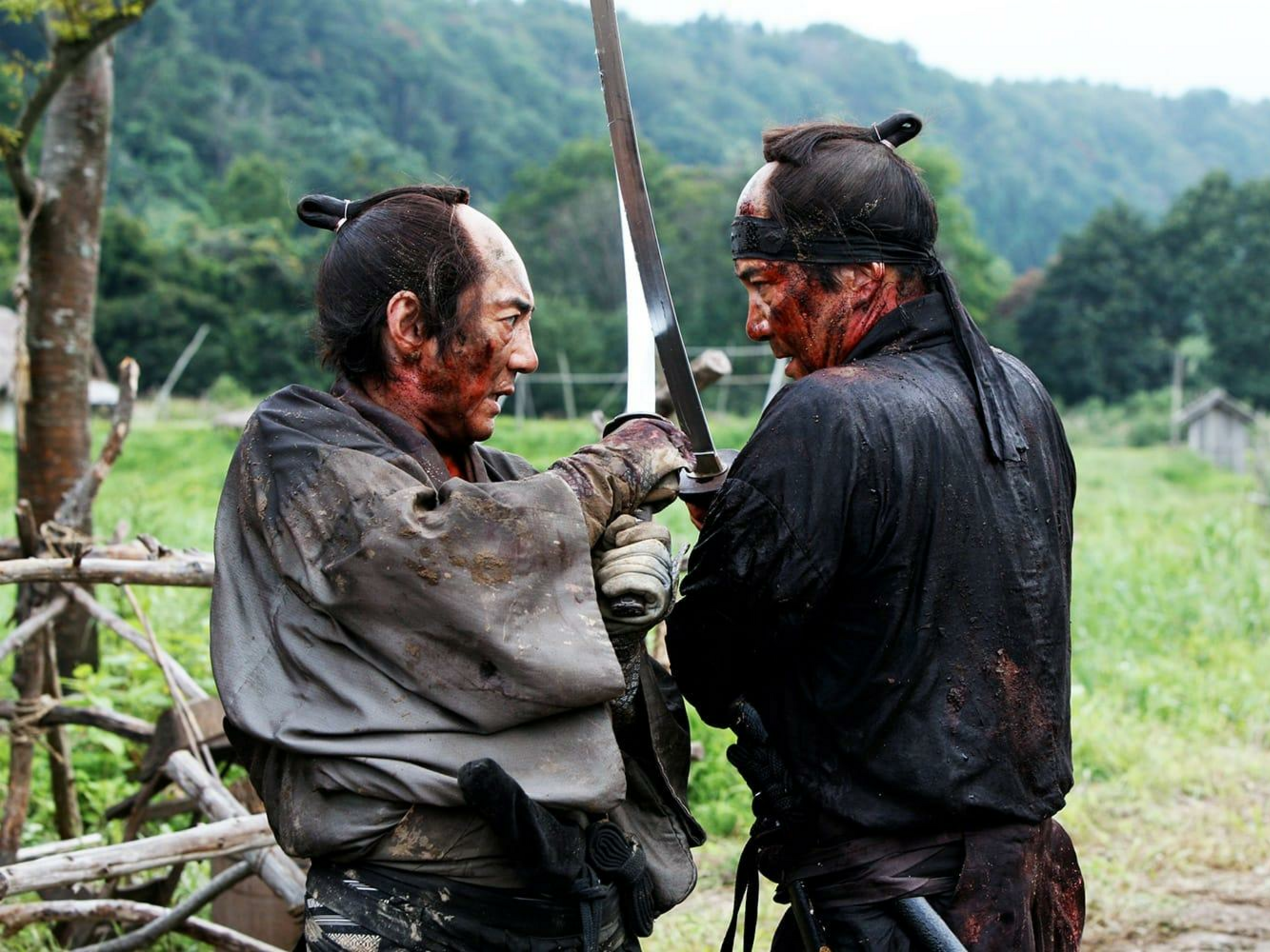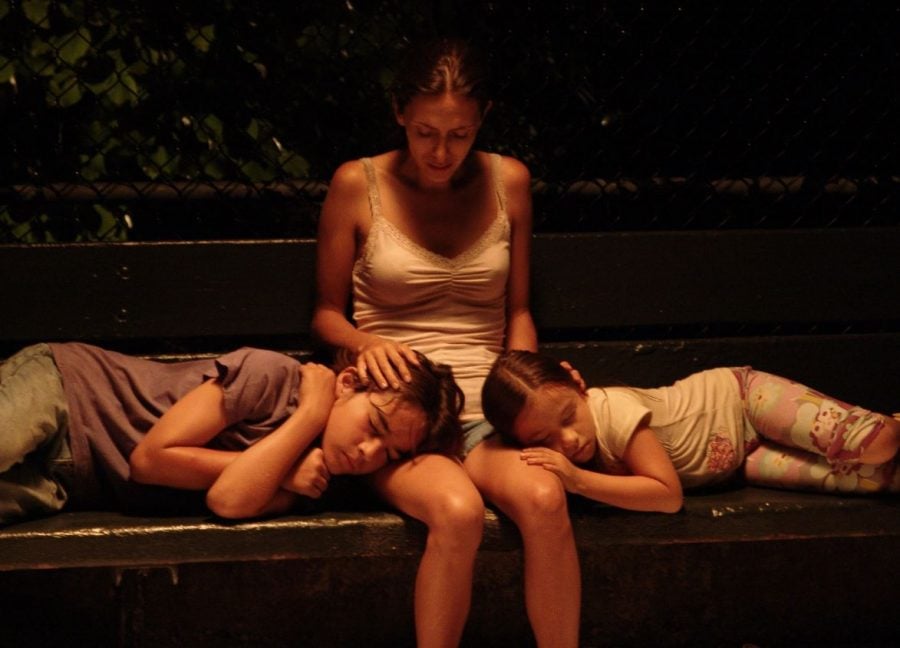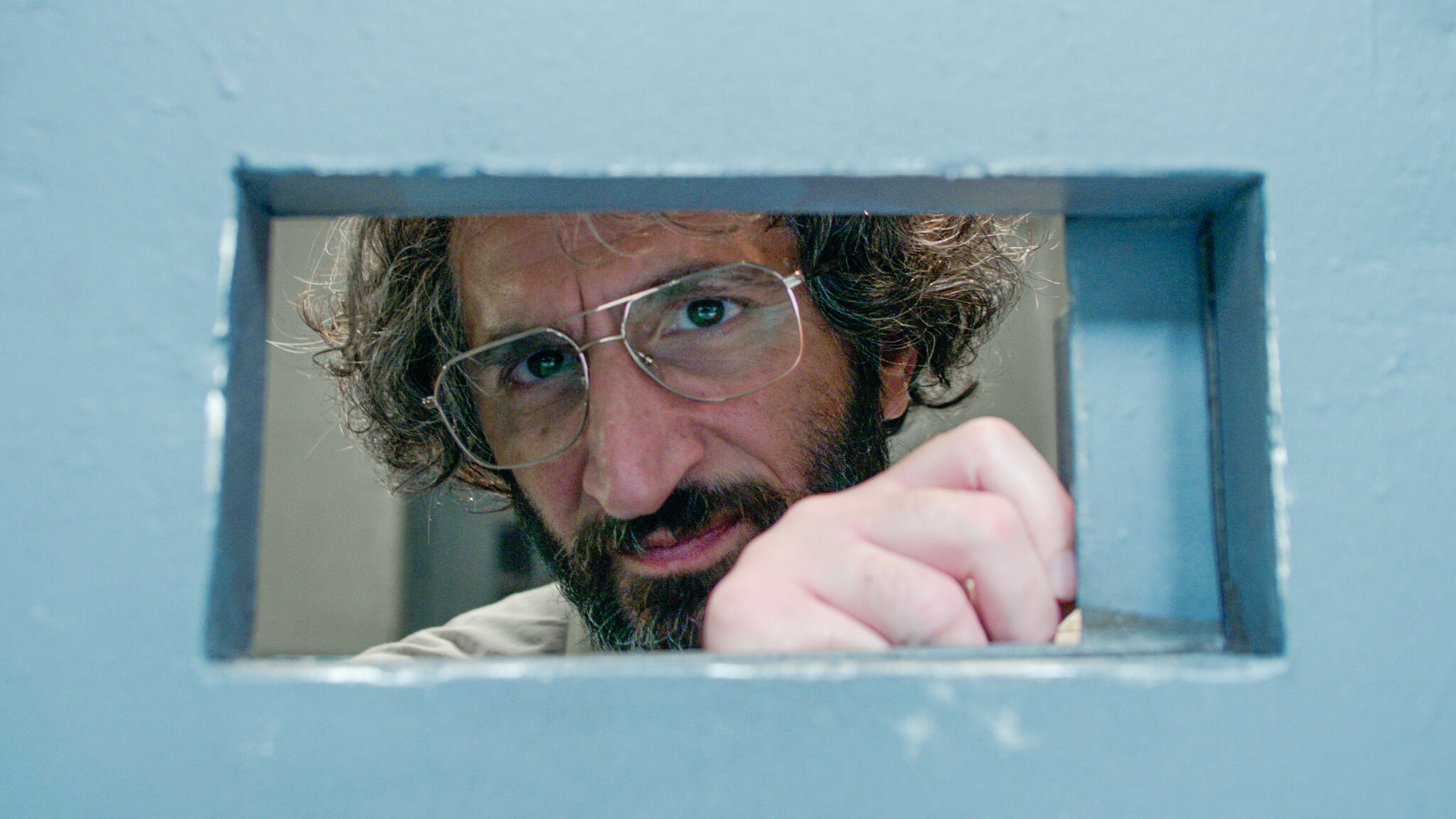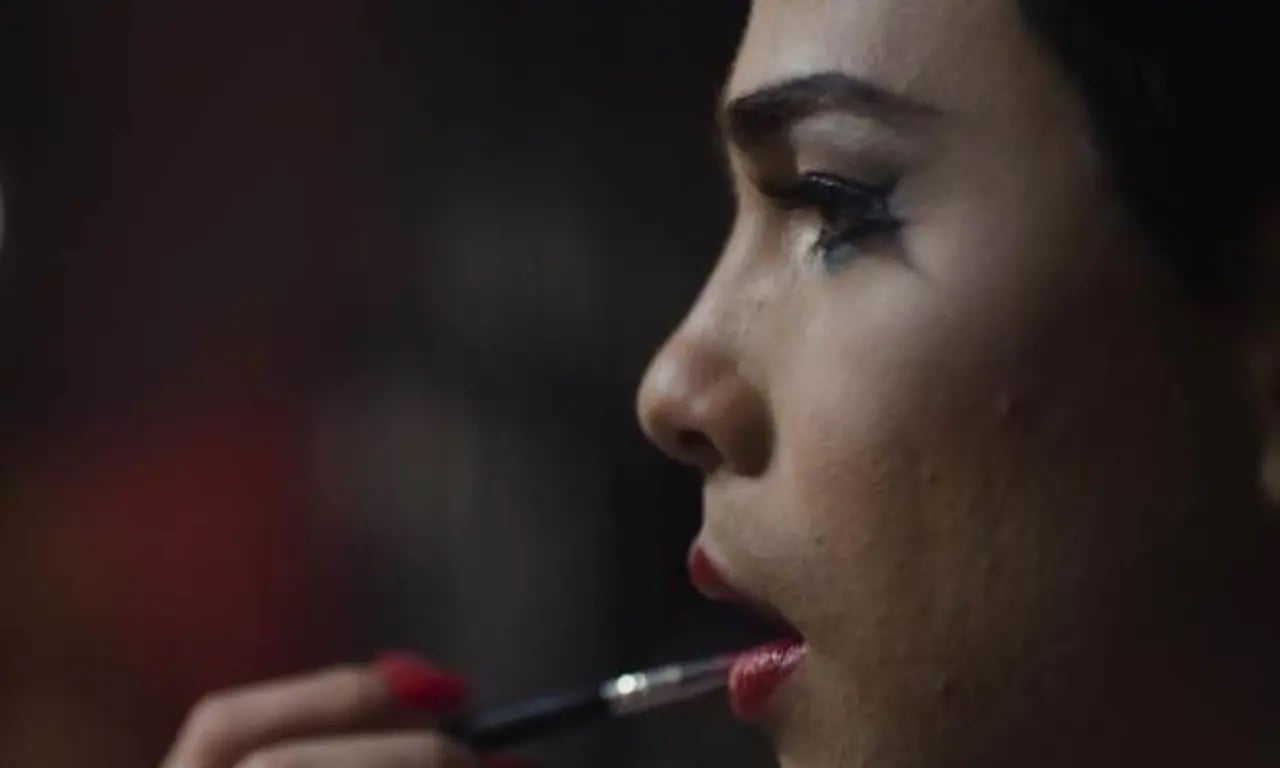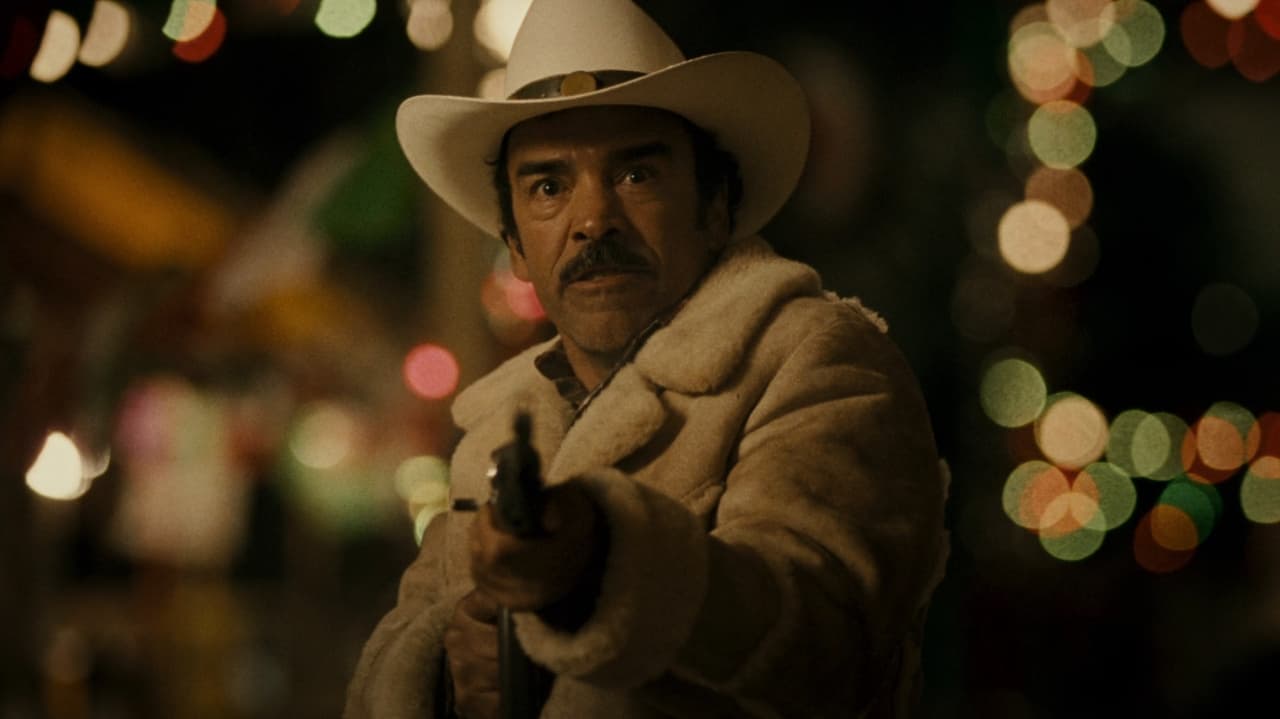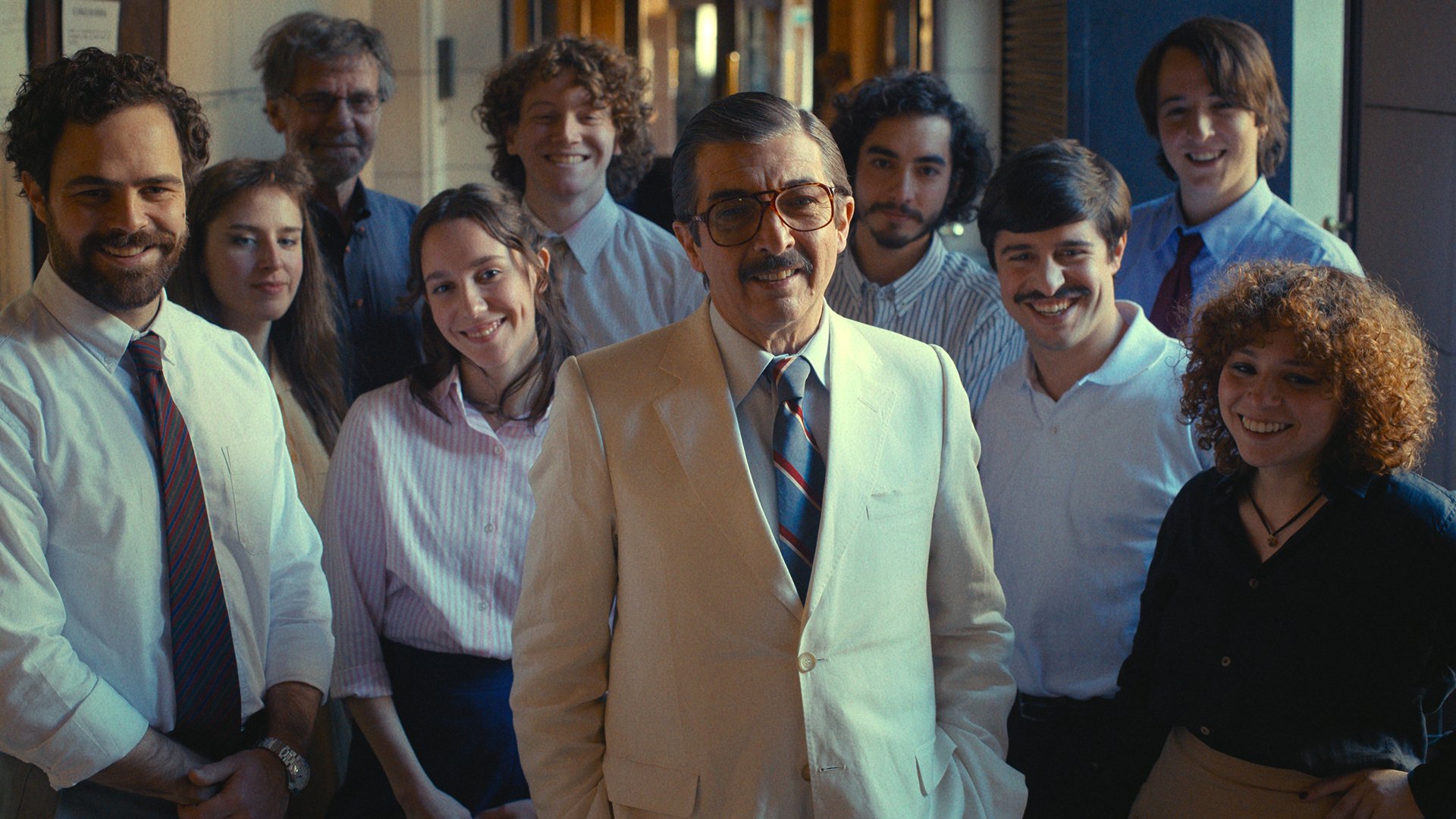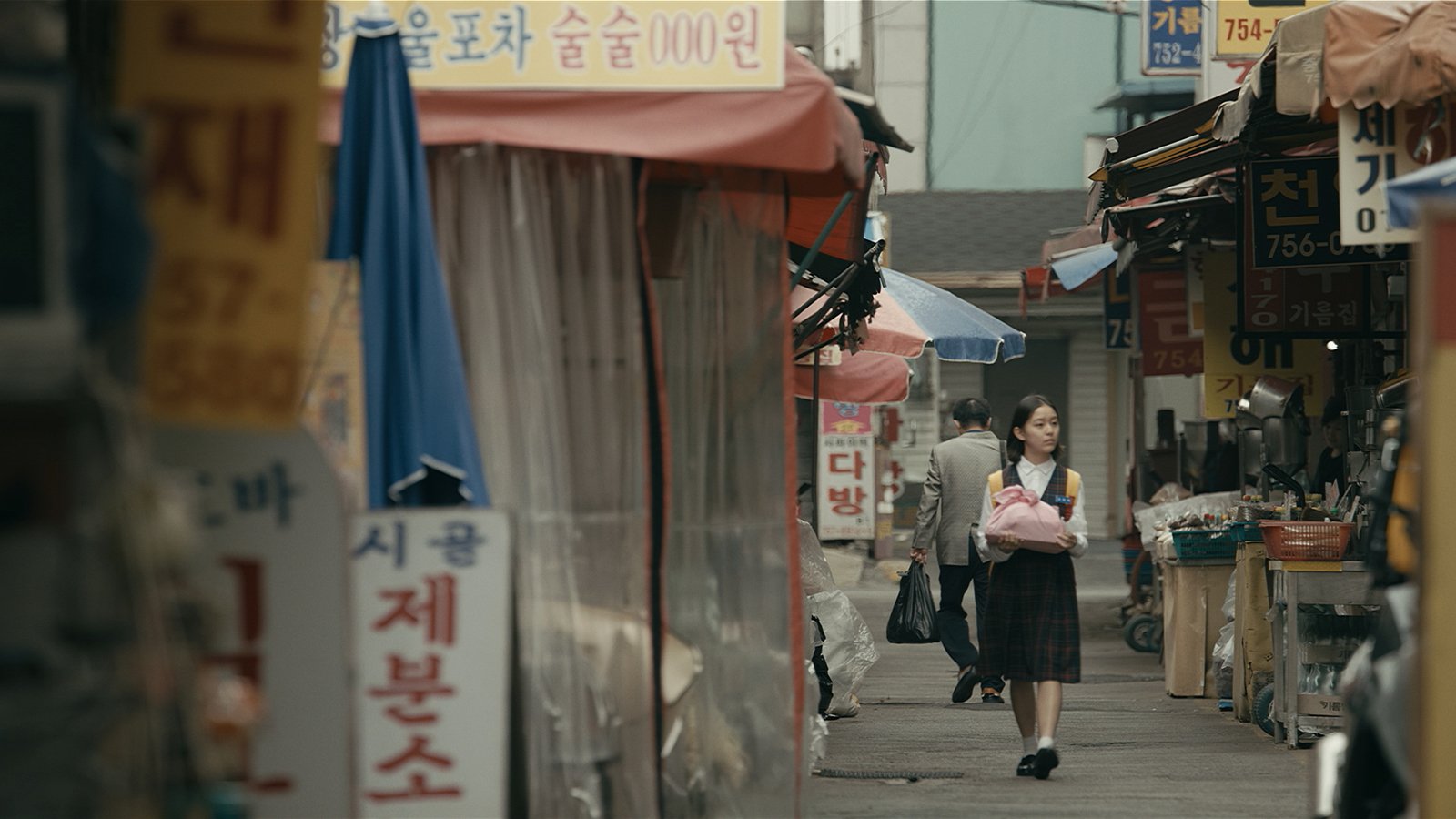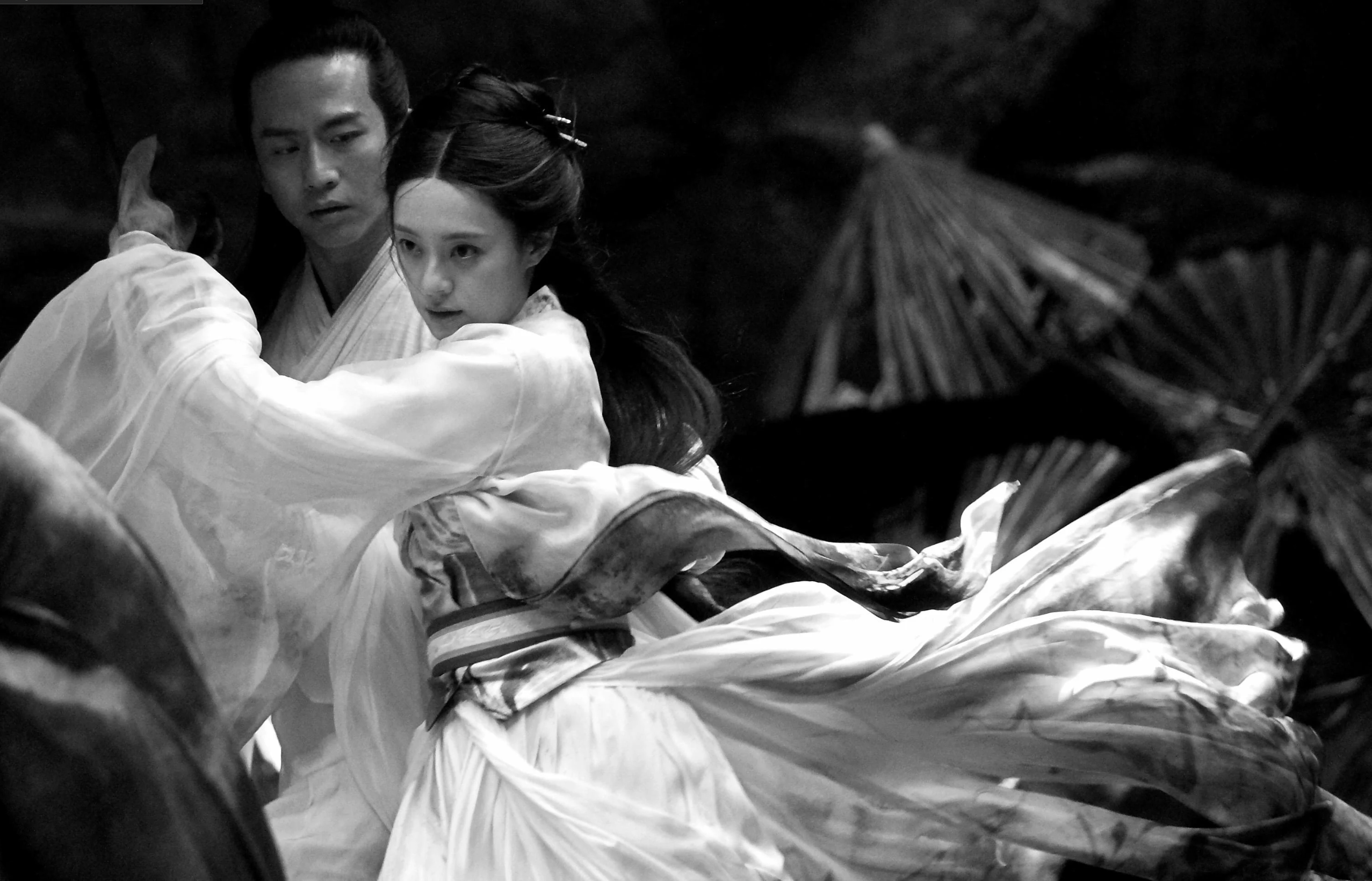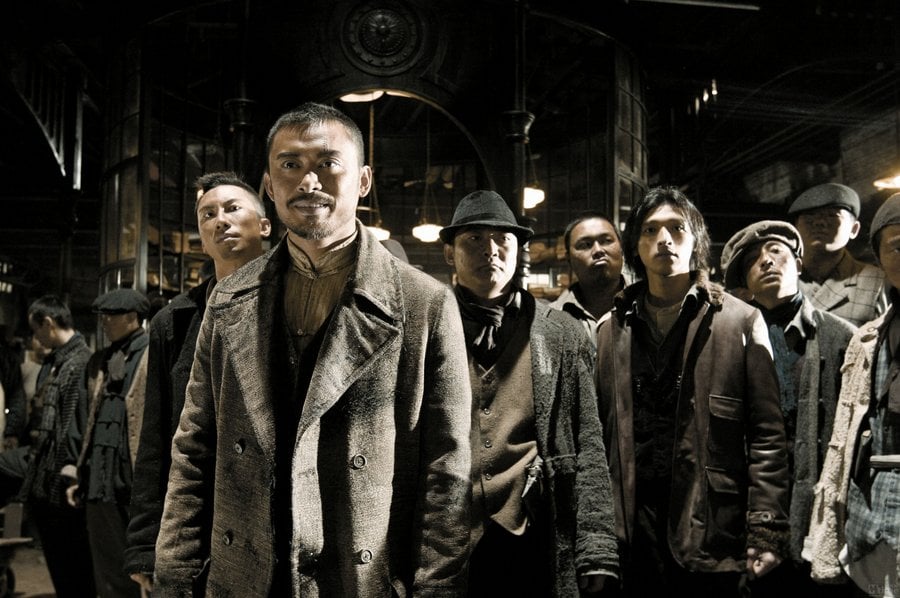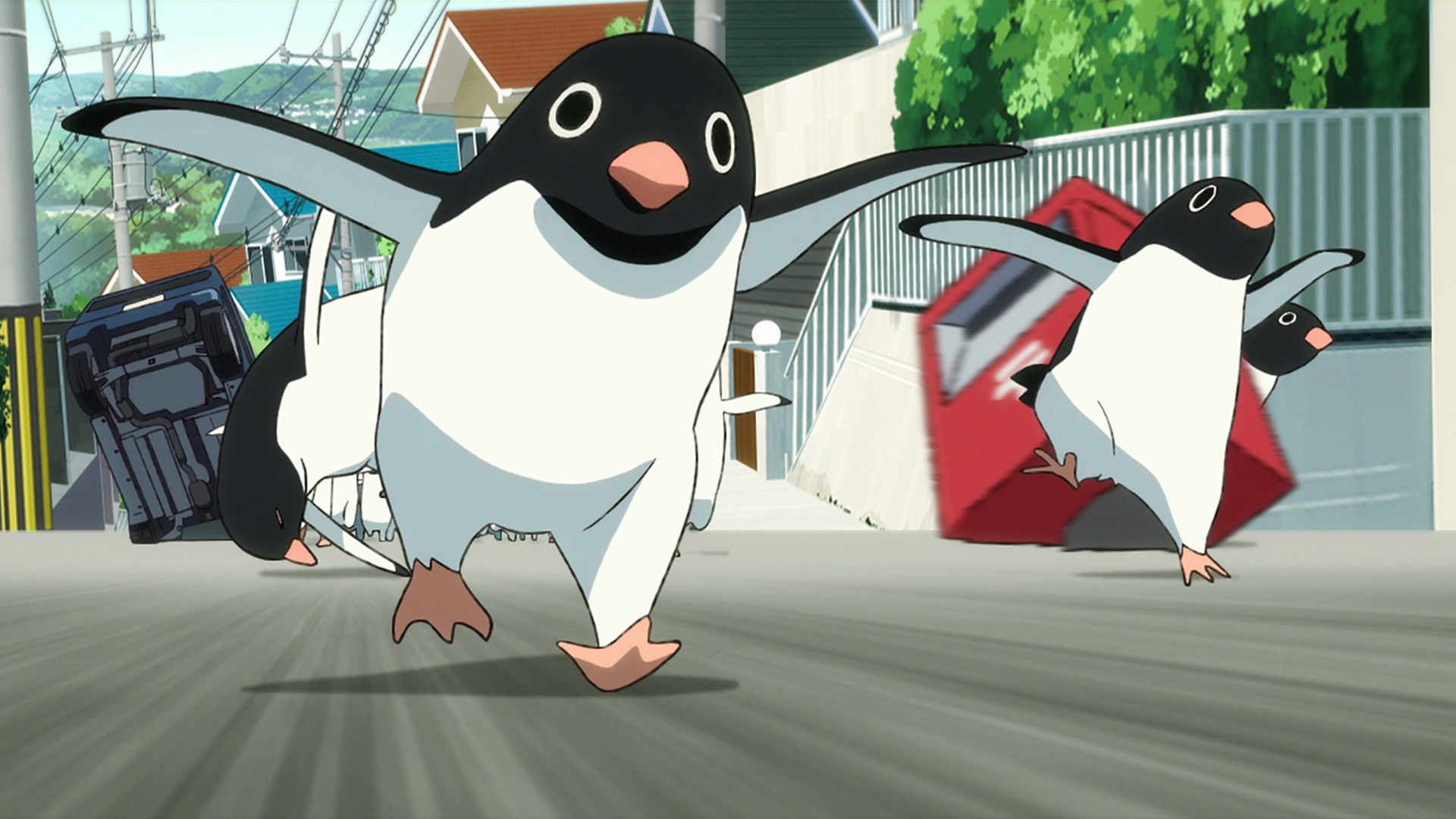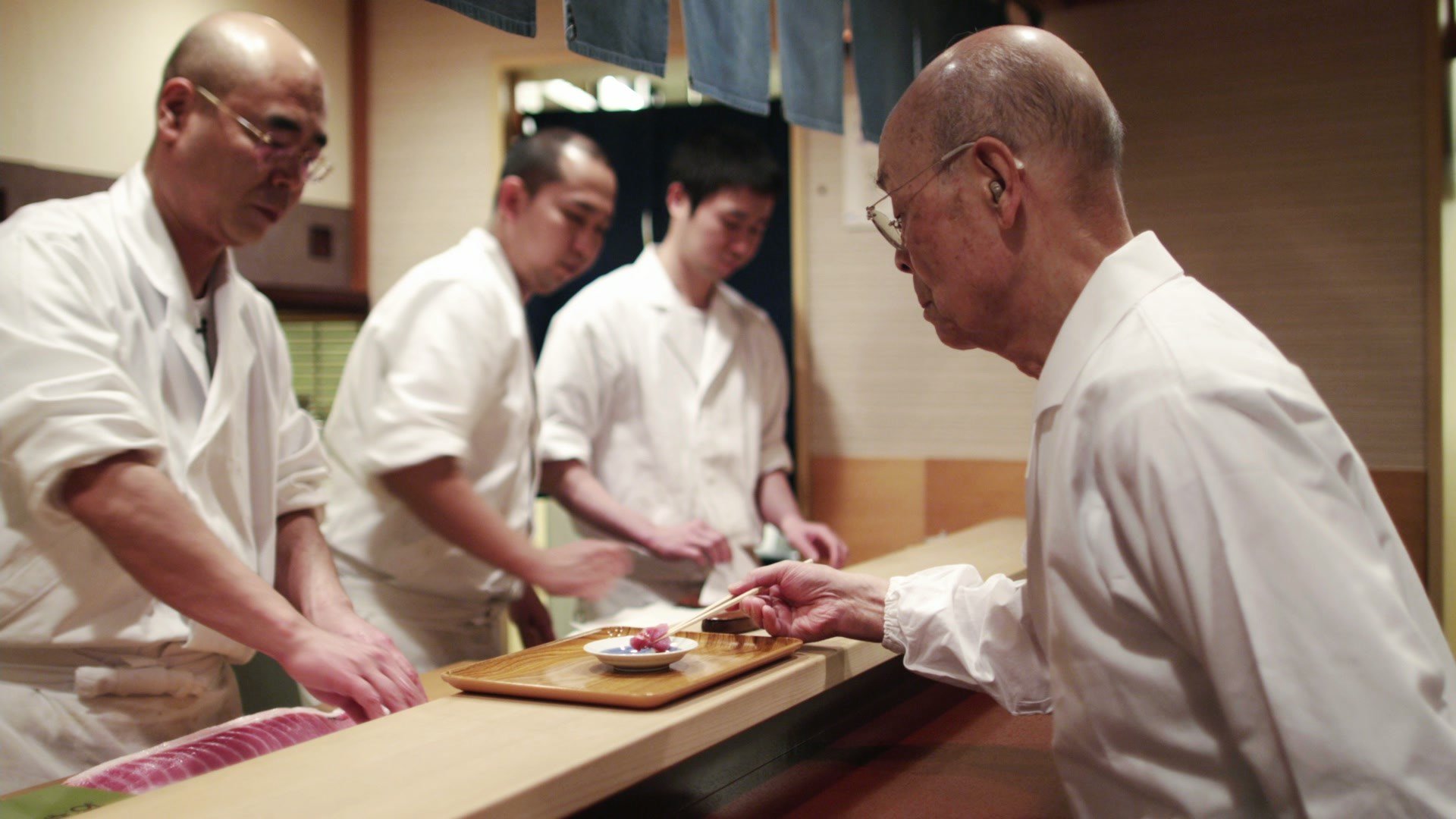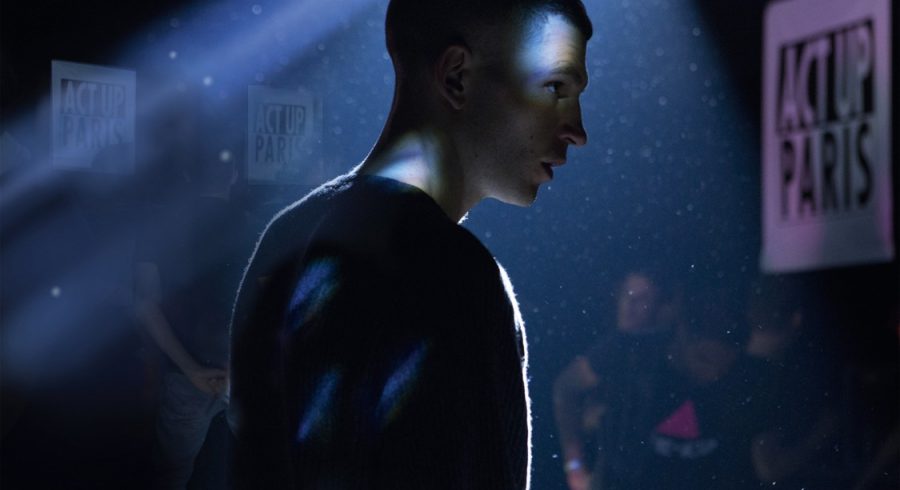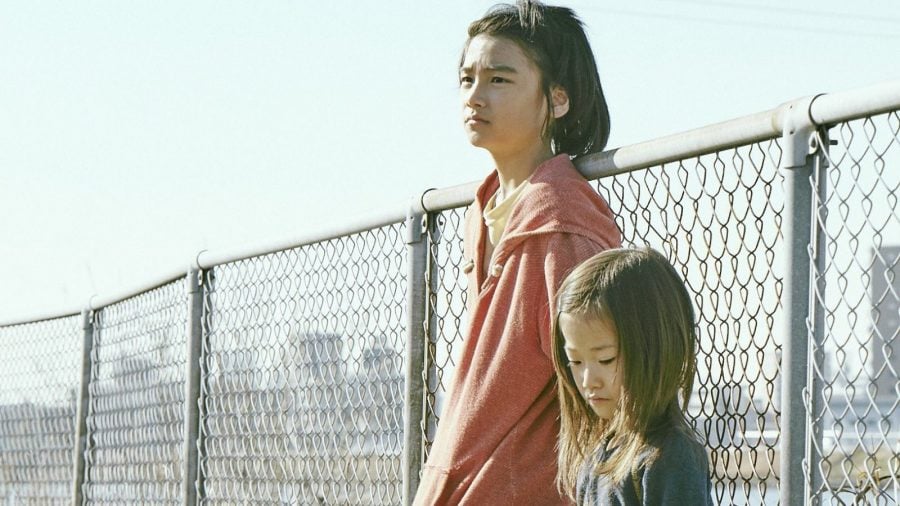20 Best Foreign Movies on Pluto TV Right Now
When you can stream movies for free, all in exchange for a few ads, it can be hard to believe that the streaming service in question would have a great selection. Yet, for some reason, Pluto TV is able to stream thousands of movies, some of which are hidden gems made available to viewers for free. This makes the site a great place to start if you want to watch underrated classics not only from American independent film productions, but also from all over the world. Here’s some of the best foreign movies available on Pluto TV:
When a regime falls, what follows isn’t a clean slate– it lingers, and it haunts those that were able to survive, part due to what was done to them and part to what they have done. Marshland ostensibly is a police procedural investigating a series of women murdered in rural Spain, but it’s also a clash of ideologies between New Spain, that wants to unearth the injustices that haven’t been acknowledged, and Old Spain, that wants to let sleeping dogs lie. The two plot threads don’t weave together as neatly as it could be, but La Isla Minima still works on both fronts, recreating that feeling of betrayal within that key transition period of Spain.
At first glance, Drug War is basically just what it says on the tin– cops crack down on kingpins, lords, and lackeys to save regular people from illegal addictive substances. Even the drug lord-cop dynamic would be a familiar plotline for crime thriller fans. But through this familiar plotline, Hong Kong director Johnnie To takes his first mainland China production to subtly comment on the dynamics between his native region and the larger country, taking the contrast to craft simmering tension each time Choi Tin-ming lies to his allies to save his skin. It’s less action-packed than To’s usual, but the subtext and the shift in style makes Drug War a surprisingly dynamic take on the crime thriller scene.
When it comes to fantasy anime between two races, usually there would be some sort of romance between the leads. But Maquia: When the Promised Flower Blooms does it differently. Instead, between the humans and the immortal humanoid lorph race that weaves a chronicle of their history is a mother-son relationship, with the human son set to out-age his mom. It’s a surprising heartbreak to contemplate love, mortality, memory, and greed, and it happens to be paired with downright beautiful animation that easily brings tears to the eye. While it didn’t garner similar popularity as Your Name or A Silent Voice, Maquia: When the Promised Flower Blooms nonetheless is an ambitious directorial debut with an equally bittersweet ending.
Martial arts is awesome, comedy is awesome, but the idea of putting them together wasn’t really explored until the late 1970s, when a young Jackie Chan made his breakthrough. One of the films he starred in was The Drunken Master, where Chan’s mischievous character goes under the tutelege of the titular teacher to fight against his father’s assassin. It’s a funny film, one that presents a different, more playful side to a real-life master, but the hilarious, perfectly choreographed fights eventually formed the foundation for Chan’s action-packed slapstick style, and even moved the entire martial arts genre into a new direction. The Drunken Master hinted at the cinema that was to come.
Of course, there are plenty of great films from the Italian Master of the Thrill, but one of the best from Dario Argento is Deep Red (1975), released just before his Three Mothers trilogy. The film follows a musician and a journalist, linked together by the body they found of a psychic medium, and the ensuing rush to investigate the murder before they become the next victims. Released at the peak of the giallo genre, Deep Red heightens the tension and terror through Argento’s trademark kaleidoscopic shots, eerie score, and excellent performances. While the lizard scene was genuine, Profondo Rosso nonetheless is considered to be one of the director’s best.
It’s not so easy to get rid of an evil ruler. Sometimes, you have to resort to not one, not two, not even three assassins– you have to get thirteen of them. Remaking the 1963 jidaigeki film, which in turn is based on a real life feudal lord, Takashi Miike’s take brings his signature style to the samurai genre, wielding the sword slashing without any restraint, letting loose after building up the indignation garnered from the daimyo’s injustices and the careful planning the group had to make in response. Undoubtedly inspired by Akira Kurosawa’s Seven Samurai, 13 Assassins reintroduces the samurai genre to spectacular heights.
A mother and her two children move from Colombia to Queens, New York to join the father. Once there, he abandons them and moves to Miami.
With no family to fall back on, barely speaking English, an inexistent social welfare system and two little kids who require care; the mother quickly runs out of options. At first, she tries to sell empanadas in the street, then tries to become a temporary worker, but a mixture of obstacles keeps getting in the way.
Entre Nos is about the precariousness of the immigrant experience: about how quickly things can go wrong. But it’s also about how survival instincts and motherly love can stand in the face of complete desperation.
When he’s accepted into the prestigious Islamic university Al-Azhar, fisherman’s son Adam (Tawfeek Barhom) gets an eye-opening education — but not the kind he expected. A place associated with notions of purity is imagined as a hotbed of hypocrisy and corruption here, as naive young Adam finds himself unwittingly embroiled in a state plot to seize control of Al-Azhar (because, as one government official puts it, “We can’t accept having two pharaohs in the land”). Cairo Conspiracy’s intricate plot confronts monsters in government and strips away religious leaders’ veneer of divinity as a reminder that they’re merely fallible men. What’s more, the film grapples with the knotty mess of politics raging inside the institution’s walls in such a way that even its palatial courtyard feels claustrophobic. Rife with paranoia and subterfuge, Cairo Conspiracy feels utterly unique thanks to this skillful transposing of the shadowy machinations of courtly intrigue dramas and ’70s paranoid thrillers into a very contemporary Egyptian setting.
Shrooms director Paddy Breathnach has als dipped his toes in romcoms and thrillers, but this queer Bogota-set drama has a lot of tenderness in its heart. Micro-budget and full of life as the name suggests, Viva is an inspiring story that centers around Jesus (Héctor Medina) and his own individuation. A hairdresser with the talent of a drag performer, he assumes the role of Viva in the weekend cabaret. As warm and open as his father is detached and somber, Jesus is a likeable protagonist with the vulnerability and dedication to follow his dream, that no wonder the film made the Oscar shortlist in 2016.
Divorce is hard, even with a fairly civil separation and moving to another place entirely free from the divorced parent. The main emotional stakes are usually carried by the parent, but even then, children have some stake in this relationship, seeing that this permanently affects their relationship with both parents and any siblings they may have. I Wish tackles a separated family through the kids’ eyes– taking a rumored wish-making pair of bullet trains to get their family together, but in the optimistic reality kids tend to have, rather than a fantastical fairytale adventure. Through Hirokazu Kore-eda’s frames, and the precocious real life brothers portraying the main duo, I Wish effectively balances its hopeful tone all throughout, capturing the kids’ hopes and dreams in an endearing, but not overly sentimental, way.
Better known through its original Spanish name El Infierno, Hell is an underrated crime thriller that satirizes Mexico at the time of the Drug War. It follows an immigrant, Benjamin Garcia, who subsequently dives into a life of crime, though it’s not as lucrative as he expects. What ensues ends up becoming a darkly humorous, Western-inspired take on the issue, flipping from funny to dramatic at a turn of a hat, and smartly pointing out the absurd in the violence that still grips the country today. While underseen abroad due to its NC-17 rating, it’s a fitting installment for director Luis Estrada’s penchant for bold political satires, garnering a cult following in the country itself.
Like many coming-of-age films about films, it’s easy to assume that Last Film Show would be a derivative of all-time film classic Cinema Paradiso. Both films from opposite corners of the world, separated by more than three decades, do share that awe of cinema from a projection booth. However, unlike Paradiso, the awe of Last Film Show is also tempered by the rural poverty its young protagonist faces. Samay learns projection from a film booth, and learns community is formed through the screen, but he also learns it through snatching the few reels that passes through their village, manually experimenting with scrap material, and recreating the same light and shadows through its fundamentals. These scenes are precocious because of the children, but it makes for a more interesting take, because Samay’s journey proves that cinema truly is worth saving, even without the money. It’s undeniably awe-inducing with Pan Nalin’s stunning shots and semi-autobiographical story.
Argentina, 1985 is a legal drama about how a prosecutor and his young team were able to mount evidence—despite all threats and odds—against the officials behind a brutal military dictatorship. The public trial is supposedly the first of its kind in Latin America, a marker of true democracy that made a hero out of Julio Strassera and Moreno Ocampo, who both led the case.
Despite the presence of very serious themes, there are moments of lighthearted humor here that work to stress the film’s underlying message of goodwill and perseverance. Argentina, 1985 competed at major festivals this 2022, and it’s Argentina’s official entry at the 2023 Academy Awards.
It’s 1994, and Seoul is facing massive, rapid changes. The unrest is reflected by a lot of its residents, including Eun-hee, a disaffected teen with a less-than-stellar home and school life. She manages to get by with the help of friends and lovers, that is until they change too, and Eun-hee is forced to grapple with the volatility of it all.
Sensitively told and genuinely captivating, House of Hummingbird is a stellar debut by writer-director Kim Bo-ra. Her command shines in how young actress Park Ji-hoo dynamically portrays Eun-hee, in how the story meanders but never loses footing, and in how each frame displays a quiet gorgeousness as the primary colors of her youth pop against the faded backdrop of urbanized Seoul. The delicate balance of all these elements is sure to evoke a sincere, profound feeling in every viewer.
Director Zhang Yimou, who already has remarkable wuxia films like Hero and House of Flying Daggers under his belt, delivers another exceptional epic. Set during China’s Three Kingdoms era (220–280 AD), Shadow revolves around a great king and his people, who are expelled from their homeland but will aspire to reclaim it. The story requires a fair amount of patience at first, as it slowly builds a world consisting of various characters with different motives, before the real action begins. The journey through Shadow is visually pleasing thanks to its stunning cinematography, impressively choreographed combat, and overall brilliant production design. Packed with sequences that will take your breath away, it is an inventive martial arts epic with one amazing scene after another.
It’s been acclaimed as one the best Kung Fu movies ever made. You are probably wondering why this contemporary movie made that short list when its genre had its peak decades ago: it is visually striking and at the same time surprisingly story-oriented. As you would expect of course, there is quite a fair amount of action scenes, but the characters are also brilliant which is very uncommon in this type of movie. It is an exciting movie, and worthy of any compliment or good rating it may get.
Surreal, strange, yet wondrous, Penguin Highway never takes a straightforward approach to its story. Penguins pop up out of nowhere, leading the nerdy and precocious Aoyama to study them via empirical observation and logical deduction. These studies don’t end up with a feasible explanation– in fact, by the final act, the film abandons all laws of physics. But the journey to that act feels intuitively right. This journey feels like an indescribable formative experience. Aoyama may be obsessed with growing up and committing to the reasonable adult mindset, but he is still a child. From fending off bullies to forming connections with others, his childhood imagination served him better than science could. The film reveres this discovery as well as it should.
This surprising documentary follows Jiro, an 85 year old Japanese chef, his Michelin-starred restaurant in the Tokyo underground, and his eager sons. While ostensibly about sushi – and believe me, you’ll learn about sushi and see absolutely gorgeous images of the raw-fish creations – the film’s dramatic impetus is carried by the weight of tradition, the beauty of a labor of love, obsession, and the relationship between father and son. Truly a must-watch.
Autobiographical in nature, 120 BPM is French screenwriter Robin Campillo’s first feature film. It revolves around the Parisian chapter of the AIDS advocacy group ACT UP, which Campillo was a member of in the early 1990s, and the love between Nathan, the group’s newest member, who is HIV negative, and Sean, one of its founding and more radical members, who is positive and suffers the consequences of contracting AIDS. Using fake blood and spectacular direct action, ACT UP advocated more and better research of treatment, prevention, and awareness. This was at a time when many, implicitly or explicitly, viewed AIDS as a gay disease, even as a punishment for the gay community’s propensity to pleasure and partying. The latter is reflected by the film’s title, 120 bpm being the average number of beats per minute of a house track. Arnaud Rebotini’s original score echoes the ecstasy-driven house music hedonism of the time with some effective original cuts, albeit with a melancholic streak. Because, for all the love, friendship, and emotion of the ACT UP crew that BPM so passionately portrays, anger and sadness pervade the lives of these young people as the lack of effective treatment threatens to claim the lives of their loved ones.
The title of this 2018 Palme D’or winner is not to be taken metaphorically: Shoplifters is about a marginalized family of day workers, crooks, and small-time outlaws, who live on the fringes of Japanese society. Osamu (Lily Franky) and Nobuyo (Sakura Andô) both have jobs but spruce up their low-wage income by committing petty crimes. One day in winter, Osamu takes in a bruised girl he finds outside in the cold and introduces her to the family in his ramshackle house. But when the second-youngest member of the family, Shota (Kairi Jyo), finds himself teaching her how to shoplift, he faces a moral dilemma that threatens to unravel the family’s fabric. If you were hitherto unfamiliar with the unique storytelling and social realism of Hirokazu Koreeda, we really recommend checking it out—as well as his other movies, namely, Still Walking, Like Father, Like Son, I Wish, and After the Storm. His 2018 outing features the last ever performance of Kirin Kiki, who plays the elderly matriarch and passed away that same year. Like many of Koreeda’s works, Shoplifters is an understated, beautiful, and mysterious study of the effects of poverty and trauma and a delicate portrait of a family in Japan’s urban underbelly.

